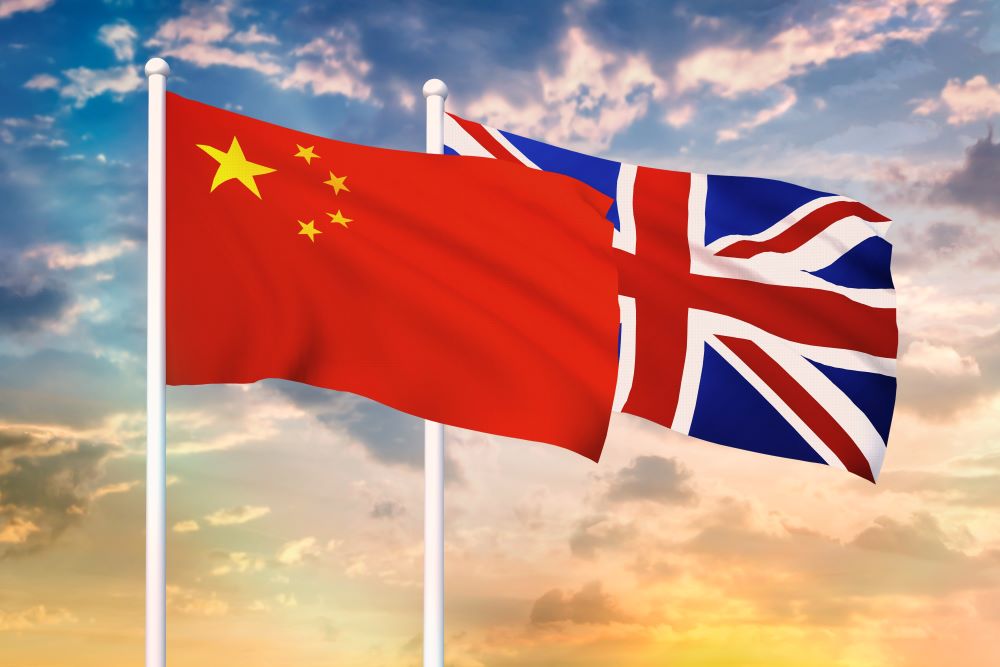
Relations between the world’s two superpower trading nations – the US and China – have reached crisis point. Here, the Daily Update today (4 June) summarises the latest developments regarding China’s relations with western nations and their implications for global trade.
The latest flashpoint are the controversial security laws passed by the Chinese legislature in relation to Hong Kong last week, heightening already tense relations between China and western nations including the UK and US.
Western countries have already expressed scepticism over China’s handling of the initial spread of the coronavirus, while the US government continue to threaten further tariffs and impose export controls.
1. Hong Kong
New legislation aimed at preventing the protests in Hong Kong over the last year were passed last week in Beijing.
The law bans “acts or activities” that endanger China’s national security and is viewed by critics as an attempt to silence opponents and undermine the “one country, two systems” arrangement agreed to when British colonial rule ended in 1997.
In response to the controversial law, President Trump announced he will end preferential treatment for Hong Kong.
Hong Kong, as a major global financial hub, is currently treated by the US as a separate customs and travel territory, so is not currently subject to tariffs and controls the US has applied to mainland China.
2. The UK and China
The UK has responded to the Hong Kong crisis by saying it could offer British national overseas (BNO) passport holders a path to citizenship in the UK.
Prime Minister Johnson confirmed the UK would only activate this offer if Beijing “pushes ahead” with the law, while foreign secretary Dominic Raab called on China to “step back from the brink”.
The UK has also launched a review of the impact of US sanctions on Huawei. In January the PM agreed a deal giving the telecoms giant a role in developing the UK’s 5G infrastructure, but the FT reports the review would give the government an opportunity to U-turn on this decision.
However, despite rising tensions, China is still a market with opportunities for UK exporters, according to Torsten Weller, a policy analyst at the China Britain Business Council.
He told the Daily Update (4 June) that the “relatively quick” economic recovery in China offers UK businesses opportunities “at a time when domestic and developed markets in Europe and North America remain paralysed”.
When asked if the situation in Hong Kong could impact UK-China trade, Weller said the CBBC would not be able to comment.
3. US measures
In May, the US tightened export controls preventing the sale of semiconductor chips to Huawei or its associates.
US-China relations have long been strained following tit-for-tat tariffs introduced by both countries throughout Donald Trump’s presidency. Trump has also blamed China for the spread of the coronavirus.
Last week (30 May) he announced further sweeping measures against China, the FT reported, including the banning of some Chinese nationals entering the US.
4. China, the EU and Australia
China also imposed 10% import tariffs on Australian barley last month in retaliation to Australia calling for an investigation into the initial spread of the virus.
The FT reports that the EU is reviewing and potentially blocking “takeovers of European companies by rivals deemed to have received unfair support from a foreign government” in what is perceived as a response to “unfair competition from China and elsewhere”.



